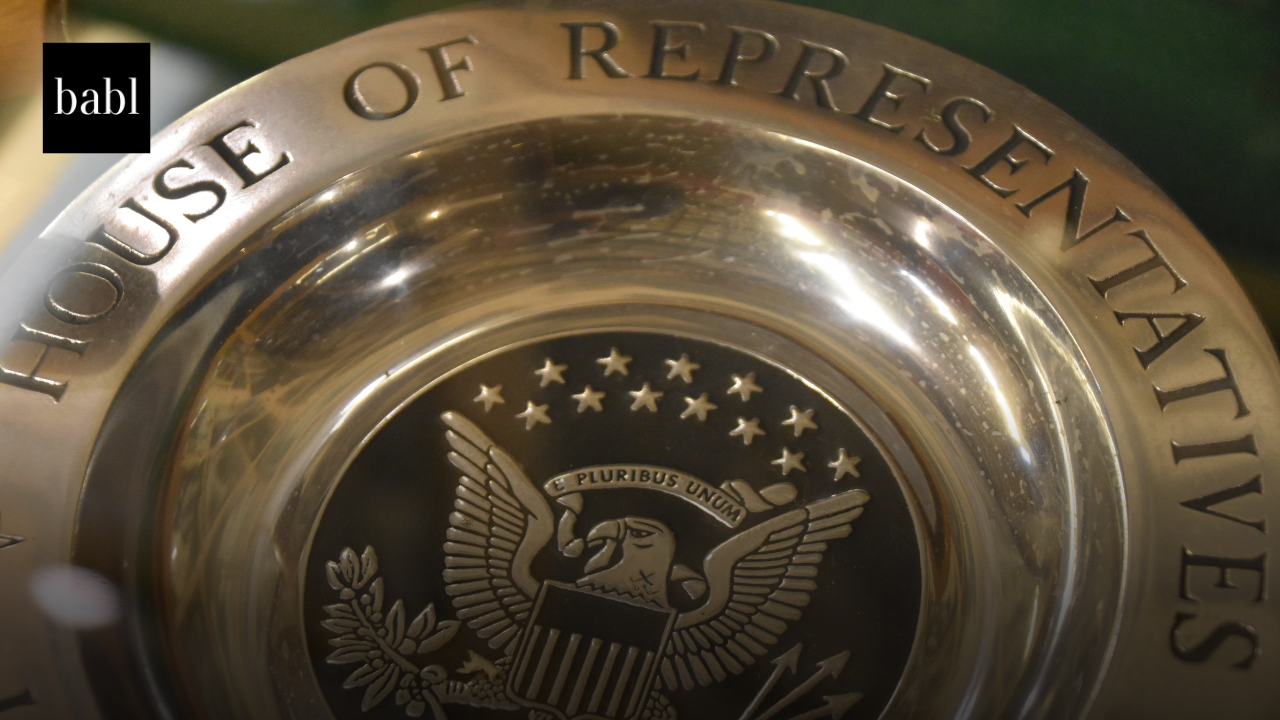UPDATE – FEBRUARY 2026:
The No AI FRAUD Act, introduced in the U.S. House in January 2024 by Representatives Madeleine Dean and Maria Salazar, remains under committee review as Congress continues to evaluate national AI regulation. The Act, positioned as a counterpart to the Senate’s No FAKES Act, proposes landmark protections for likeness and voice rights—potentially shaping how AI-generated content is governed across industries.
ORIGINAL NEWS STORY:
U.S. Lawmakers Introduce Bill to Combat AI Deepfakes
On January 10, U.S. Representatives Madeleine Dean and Maria Salazar introduced a bipartisan bill to address growing concerns around deepfakes and voice clones. Their collaborative effort resulted in the introduction of the No Artificial Intelligence Fakes Replicas and Unauthorized Duplications Act, also known as the No AI FRAUD Act, unveiled on January 10. This legislation aims to empower individuals with intellectual property rights, allowing them greater control over the use of their identifiable likeness and voice.
Also, at its core, the bill creates a property right in one’s likeness and voice. This right would allow individuals to control how these traits are used by others, including through AI. Importantly, the right does not expire at death. Instead, it transfers to heirs or designees and remains enforceable for 10 years.
Financial Penalties for Unauthorized Use
The Act also outlines specific penalties for unauthorized use. Companies that offer cloning services without consent may face damages of $50,000 per violation or the full amount of actual damages, plus profits from the misuse.
If a party unlawfully publishes, performs, distributes, or transmits an AI-generated likeness or voice, the law allows for $5,000 in damages per incident or the total value of actual harm caused.
These enforcement mechanisms aim to deter misuse and provide recourse for individuals whose identity has been exploited.
A Forward-Looking Approach
The legislation is designed with future-proofing in mind. If passed, it would take effect 180 days after becoming law. The protections would apply regardless of whether a person died before or after the law takes effect. This retroactive protection is intended to uphold the integrity of personal identity—even posthumously.
The No AI FRAUD Act complements the No FAKES Act, which was introduced in the Senate in October 2023. Together, the two bills represent Congress’s first serious attempt to regulate synthetic media and AI-generated likenesses.
Need Help?
Also, as AI laws evolve, organizations must stay informed about how legislation like the No AI FRAUD Act could affect content creation, digital rights, and compliance. Therefore, BABL AI’s team of audit experts is here to help. Hence, we provide independent assessments, regulatory guidance, and tailored support to ensure your business stays ahead of the curve.





